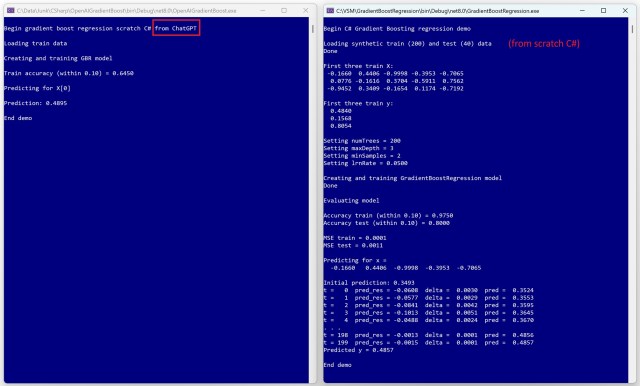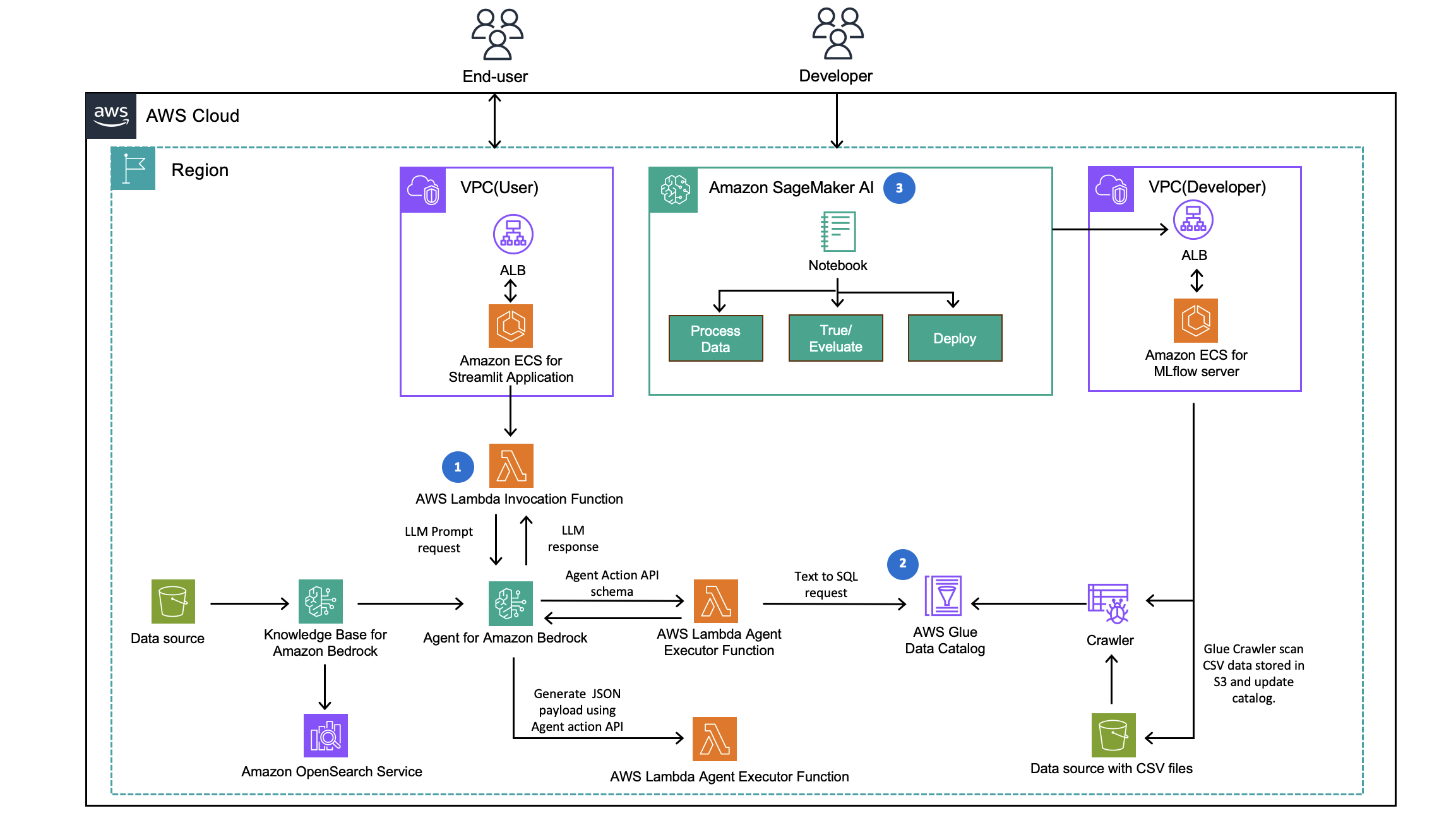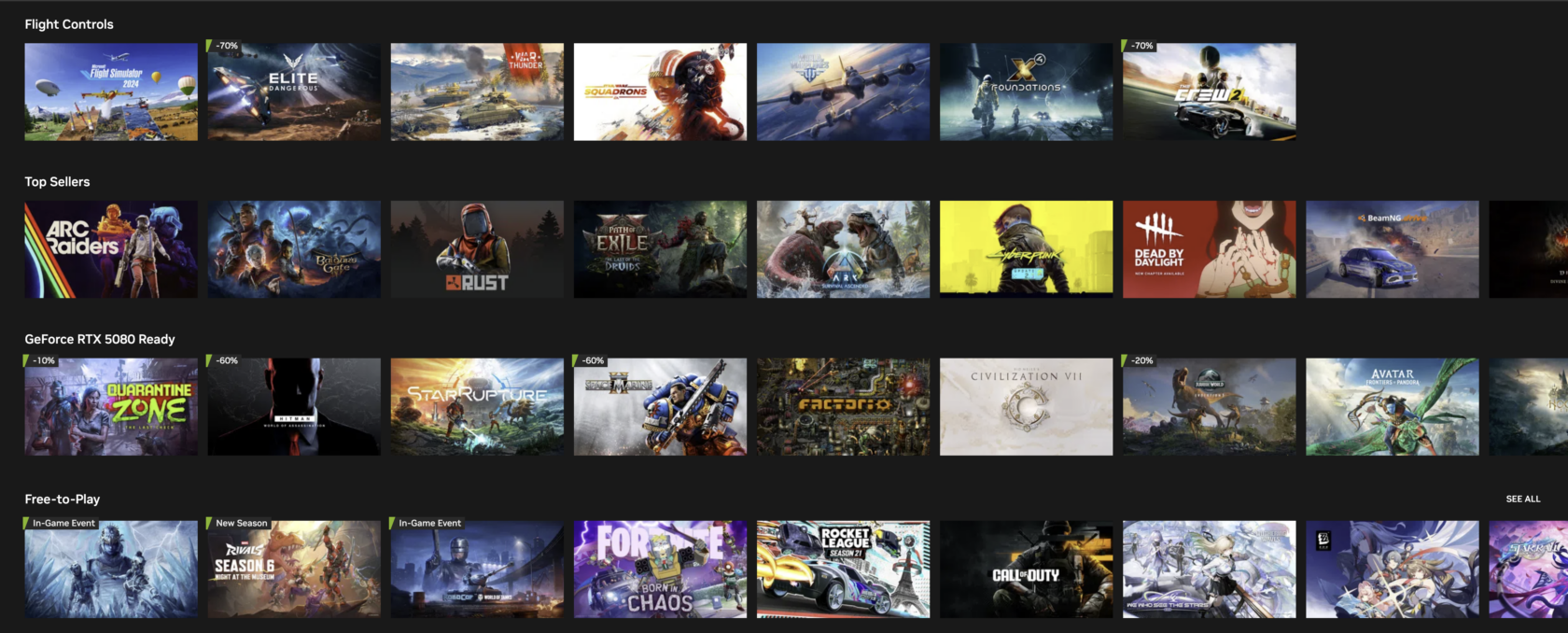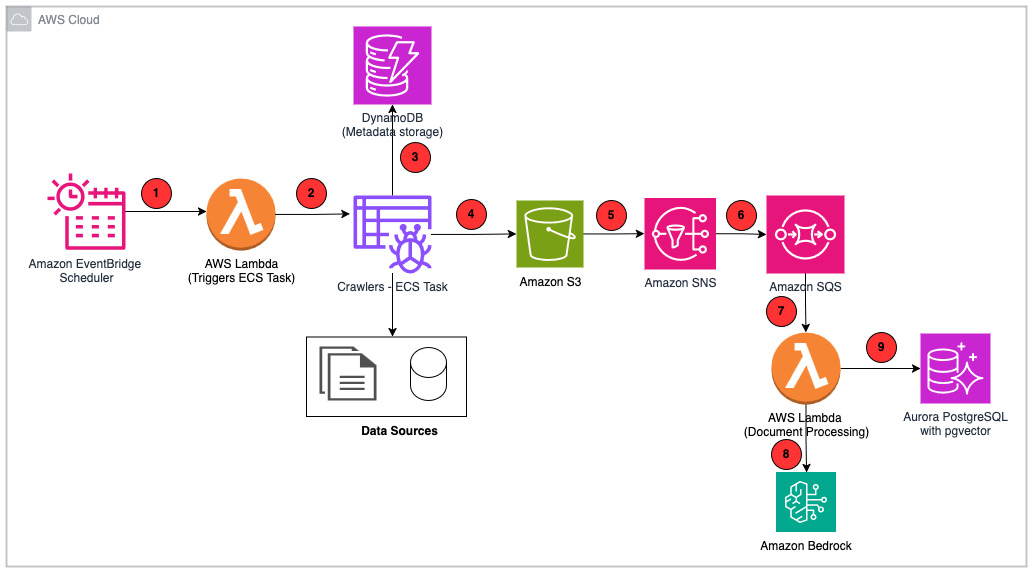Sam Altman, CEO of OpenAI, envisions a future where AI solves major global challenges and creates extreme wealth. OpenAI's aggressive expansion plans include $1tn investment in datacenters, striking deals with chipmakers, and integrating products into various sectors.
AI-generated code for a gradient boosting regression model in C# impressed with minimal tweaks needed. Experiment shows potential but requires deep knowledge for practical use.
Survey by Randstad shows UK workers fear job loss due to AI, while 66% of employers invest in AI, with 56% promoting AI tools.
CLICKFORCE, a leader in digital advertising in Taiwan, partnered with AWS to create Lumos, a next-gen AI-driven marketing analysis tool, transforming weeks of manual work into a one-hour automated process. Lumos addresses challenges like generic AI outputs, lack of industry context, and disconnected tools, providing actionable insights for smarter advertising decisions.
Hollywood stars like Scarlett Johansson and Cate Blanchett join 800 creatives in condemning AI companies for unauthorized use of their work. The "Stealing Isn’t Innovation" campaign accuses tech firms of building AI platforms without proper licensing.
GeForce NOW introduces flight control support, starting with Thrustmaster T. Flight HOTAS One, enhancing the authentic flying experience in cloud gaming. Upcoming release of Delta Force from Team Jade adds high-stakes warfare action to the cloud lineup, offering smooth, responsive gameplay on various devices.
Elon Musk's AI tool, Grok AI, generated 3m sexualized images, including 23,000 potentially depicting children, sparking international outrage. Center for Countering Digital Hate labeled it an "industrial-scale machine for the production of sexual abuse material."
Government consultation on banning social media for under-16s should also consider access to generative AI for young people. AI-driven technologies, including chatbots simulating friendship, raise urgent questions about safeguarding young minds online.
Government forced to admit errors in approving AI datacentre on greenbelt land, leading to embarrassing climbdown. Former deputy PM Angela Rayner's decision overruled due to inadequate consideration of climate impact.
PDI Technologies uses AI to consolidate data for efficient business operations. PDIQ, powered by RAG system on AWS, streamlines knowledge access for employees.
AI is transforming financial services, with organizations leveraging AI to increase revenue, decrease costs, and improve critical functions. The use of open source models is key, with 83% saying it's important, as financial institutions fine-tune AI capabilities for competitive advantage.
Liza Minnelli surprises fans with first new music in 13 years, adding vocals to an AI-created deep house track 'Kids, Wait Til You Hear This'. The track features an Art Garfunkel song using AI-generated piano backing, heralding 'new tools in service of expression'.
AI-powered content generation is integrated into Adobe and Canva, enhancing creativity and efficiency for creators. NVIDIA RTX PCs are preferred for running creative AI, offering high performance and free model usage.
AI researchers warn of potential disruption in 2028 US election by human-imitating AI agents, posing a threat to democracy. Maria Ressa and top experts highlight the rise of malicious "AI swarms" in social media, a new global disruptive threat.
Amazon Bedrock AgentCore Memory enhances AI agents by capturing and surfacing experience-level knowledge through episodic memory. This helps agents adapt, learn from past experiences, and improve over time, leading to significant enhancements in task success rates.















